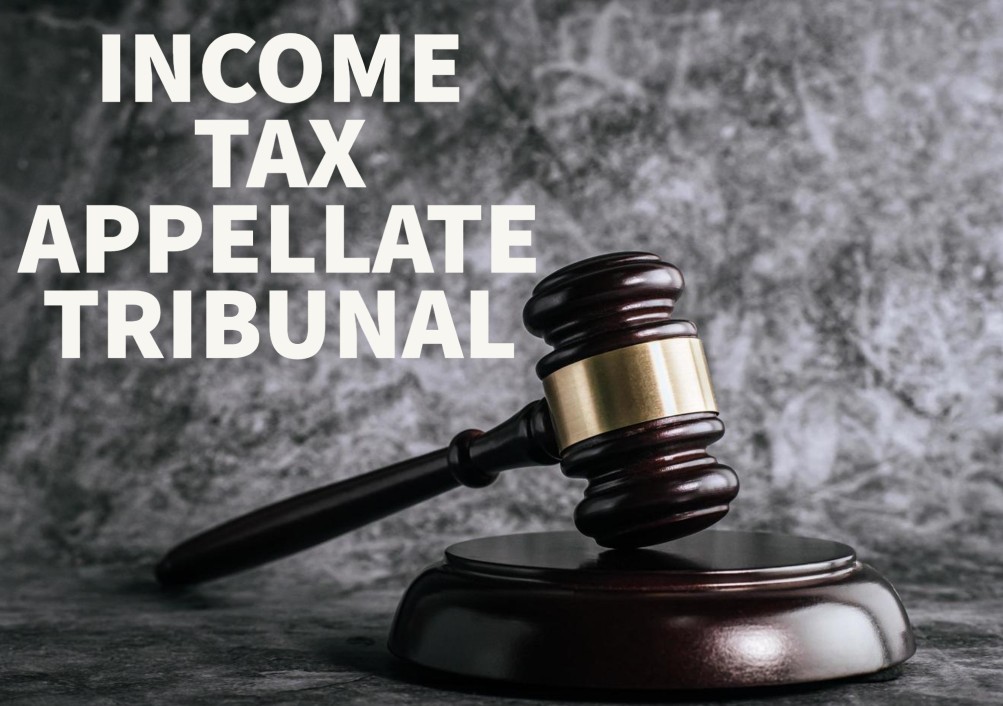If sundry creditors are outstanding for more than 3 yrs, the amount due is liable to be taxed u/s 41(1) as cessation of liability: Chandigarh ITAT

Read order: M/s IOL Chemicals and Pharmaceuticals Ltd v. Addl. CIT Range-7, Ludhiana
Pankaj Bajpai
Chandigarh, July 23, 2021: The Chandigarh ITAT has ruled that any outstanding dues beyond the period of three years have to be treated as cessation of liability under section 41(1) of the Income Tax Act.
The Bench of N K Saini (Vice President) and R L Negi (Judicial Member) observed that few payments written back as per the practice of the assessee company were not brought to the knowledge of either the Assessing Officer or the CIT(A), and thus there was silence on disclosure of such amount.
The Bench thus remanded the matter for fresh consideration.
Going by the background of the case, the AO found that certain creditors were outstanding for the last three years. On a query being raised by the AO, the assessee company submitted that as a matter of practice, they used to review such creditors periodically and as per the decision of the Board of Directors of the company these creditors were written back.
The assessee also said that few amounts were still outstanding which are pending because of some dispute which is to be settled. The AO however, refusing such submissions, made addition u/ 41(1) of the I-T Act.
When the matter reached the appellate stage, the CIT(A) observed that the appellant has completely failed to file any satisfactory written submission or any documentary evidence in support of its contention that the impugned liabilities were still outstanding. In these circumstances, the question of taking the balances as a cessation of liability as per the provisions of section 41(1) of the Act, stood confirmed by the CIT(A).
The counsel for assessee submitted that certain payments were made after passing of the assessment order and amounts of few had been written back as per practice of the assessee company.
The counsel also urged that in two cases the assessee had filed legal suit against the parties, the orders for which were still awaited. Therefore, it was pleaded that the addition made by AO and sustained by the CIT(A) was not justified.
“It appears that the facts that payments were made in certain cases after passing of the assessment order and few were written back as per the practice of the assessee company were not brought to the knowledge of the AO and the CIT(A) is also silent on those facts,” said the Tribunal.
Accordingly, the Chandigarh ITAT deemed it appropriate to set aside this issue back to the file of AO to be adjudicated afresh in accordance with law after providing due and reasonable opportunities of being heard to the assessee.
Sign up for our weekly newsletter to stay up to date on our product, events featured blog, special offer and all of the exciting things that take place here at Legitquest.




Add a Comment